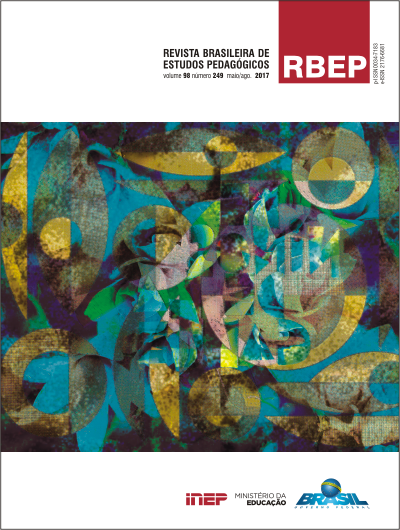The comprehension of numerical relationships in the learning of fractions: a comparative study with Brazilian and Portuguese children
Abstract
The understanding of rational numbers is one of the major conceptual challenges faced by students in mathematics learning in basic education. Regarding fractions, to establish the inverse relationship between the numerator and the denominator becomes a key issue in concept formation. The main goals of this study were: to understand if the inverse relationship between smaller quantities than the unit in quotient and part-whole situations influences the learning of fractions; and to compare Brazilian and Portuguese students’ comprehension of the inverse relationship between quantities in fraction problems, using quotient and part-whole situations. The results indicate that students have a better grasp of the inverse relationship between the quantities in the quotient situation and also showed that Portuguese students performed significantly better than Brazilian students in the both types of situations. The discrepancy in student performance can be explained by differences in the curricula of mathematics in grade four in these countries. Implications for the teaching of mathematics in these two countries were also discussed.
Downloads
Once their work is accepted for publication, author’s copyrights are automatically relinquished to the National Institute for Educational Studies and Research Anísio Teixeira (Inep).
Since 2016, the journal Revista Brasileira de Estudos Pedagógicos (RBEP) uses the licence CC-BY.
Partial or total reproduction of the content of this Journal is permitted provided that the original publication is properly referenced, as well as a link to license CC BY 4.0 and to indicate any possible alterations made to the article.




















